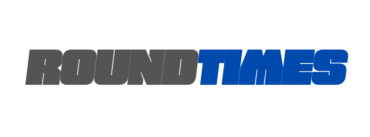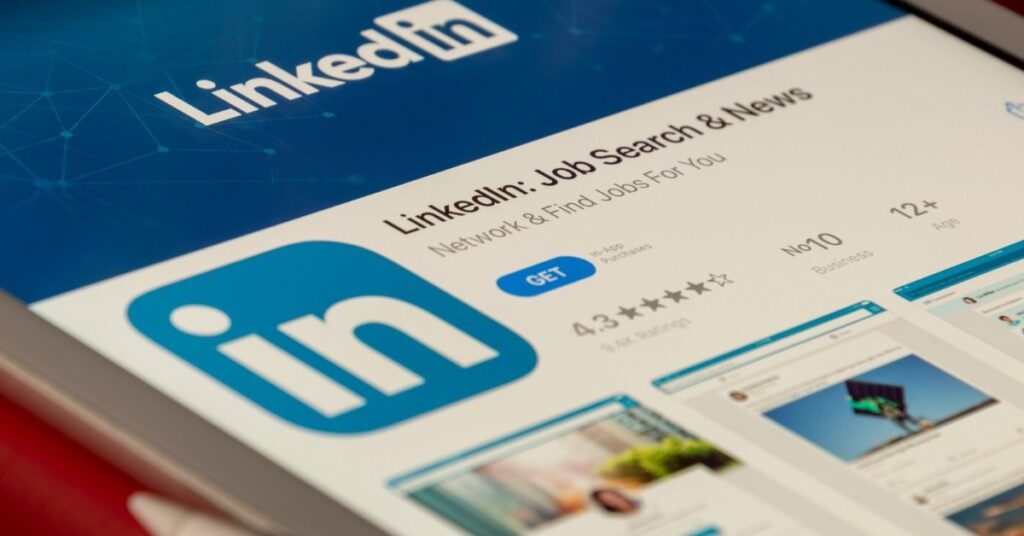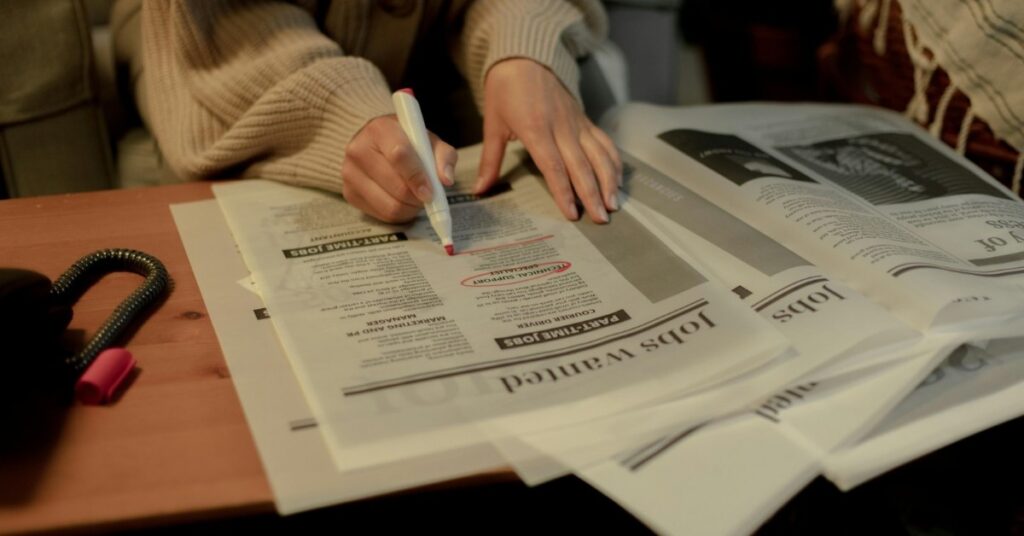
In today’s competitive job market, acing a job interview is a skill that can make or break your chances of landing your dream job. As we approach 2025, the way interviews are conducted is evolving with the rise of remote work, video conferencing, and AI-based assessments. To stand out in this changing landscape, it’s essential to be prepared for every aspect of the interview process.
This guide will walk you through the most effective strategies and tips to help you shine during interviews, whether they’re in-person or virtual. From research and body language to common interview questions and post-interview follow-ups, here’s everything you need to know to succeed.
1. Research: The Foundation of Interview Success
Before walking into any interview, preparation is key. Researching the company and the role you’re applying for is an essential first step.
- Know the Company’s Mission and Values:
Understand the company’s mission statement, values, and culture. This will help you tailor your answers and demonstrate that you’re a good fit for the organization. - Understand the Role:
Thoroughly review the job description and understand the required skills and qualifications. Be ready to explain how your experience aligns with the role’s responsibilities. - Stay Informed About Industry Trends:
In 2025, being aware of the latest trends and developments in the industry is a great way to show that you’re proactive and knowledgeable. For instance, if you’re interviewing for a tech role, understanding the current technological advancements can give you an edge.
2. Master Common Interview Questions
While every interview is unique, some questions tend to be asked in most interviews. Here are some commonly asked interview questions you should prepare for:
- Tell me about yourself.
Prepare a brief summary of your professional background, skills, and career goals that relate to the role. Focus on your strengths and experiences that align with the company’s needs. - Why do you want to work here?
This question is an opportunity to show how much you’ve researched the company and explain why you’re excited about the opportunity. Tailor your answer to the company’s mission, values, and what excites you about the role. - What are your strengths and weaknesses?
Talk about a strength that is relevant to the job, and discuss a weakness you’ve worked to overcome. Be honest but show that you’re committed to personal growth. - Where do you see yourself in 5 years?
Share your career goals and how they align with the company’s growth. This shows you’re planning for the future and want to contribute long-term.
3. Nailing Virtual Interviews
As remote work continues to rise, virtual interviews are becoming the norm. Here’s how to ensure your virtual interview goes smoothly:
- Choose the Right Technology:
Familiarize yourself with the video conferencing platform the company uses (Zoom, Microsoft Teams, Google Meet, etc.). Make sure your camera, microphone, and internet connection are working properly before the interview. - Professional Environment:
Choose a quiet, well-lit space for the interview. Make sure there’s no background noise or distractions. A clean, neutral background works best, and if possible, use a virtual background if the setting is inappropriate. - Dress Professionally:
Even if it’s a virtual interview, dressing appropriately shows that you’re serious about the role. Choose professional attire that fits the company culture.
4. Body Language: The Silent Communicator
Whether in-person or virtual, body language plays a critical role in how you’re perceived during the interview.
- Maintain Eye Contact:
In-person or over video, maintaining eye contact is crucial for building rapport. It shows confidence and helps establish trust. - Posture and Attitude:
Sit up straight and avoid slouching. Show enthusiasm through your facial expressions and gestures. A positive attitude goes a long way in making a lasting impression. - Listen Actively:
Listening is just as important as speaking. Make sure to nod or give short verbal acknowledgments while the interviewer speaks. This demonstrates your interest and engagement.
5. Preparing for Behavioral and Situational Questions
Many employers today use behavioral and situational interview questions to assess how you handle challenges at work. These questions often begin with phrases like:
- “Tell me about a time when…”
- “Give me an example of how you handled…”
To answer these questions effectively, use the STAR method (Situation, Task, Action, Result). Here’s an example:
Question: “Tell me about a time when you had to handle a difficult project.” Answer:
- Situation: “In my previous job, I was tasked with leading a team to deliver a project on a tight deadline.”
- Task: “My responsibility was to ensure that the project was completed on time and within budget.”
- Action: “I divided the work among the team, implemented daily check-ins, and streamlined communication to ensure everyone was aligned.”
- Result: “The project was completed ahead of schedule, and the client was extremely satisfied with the outcome.”
6. Asking the Right Questions
At the end of the interview, you’ll likely be asked if you have any questions. This is your opportunity to show your interest and gather important information about the company. Here are some thoughtful questions to ask:
- What does a typical day look like for someone in this role?
- What are the key challenges the team is currently facing?
- How does the company support professional development and career growth?
- What are the next steps in the interview process?
Asking insightful questions not only shows your interest in the role but also helps you determine if the company is the right fit for you.
7. Post-Interview Follow-Up
After the interview, always send a thank-you email within 24 hours. In this email, express gratitude for the opportunity, reiterate your interest in the position, and briefly highlight why you’re a strong fit.
For example:
“Dear [Interviewer’s Name],
Thank you for taking the time to interview me today. I appreciate the opportunity to learn more about [Company Name] and the [Job Title] position. I’m excited about the prospect of contributing to your team and believe my [mention a relevant skill or experience] will allow me to make a meaningful impact.
Thank you again for your time and consideration. I look forward to hearing from you soon.
Best regards,
[Your Name]”
FAQs: Interview Preparation
1. How can I make a lasting impression during my interview?
To stand out, demonstrate enthusiasm for the company and role. Share personal experiences that align with the job description and convey your passion. Ask insightful questions to show you’ve done your research and are genuinely interested in the company’s goals and culture.
2. What should I do if I feel nervous during an interview?
It’s normal to feel nervous. To manage anxiety:
- Take slow, deep breaths to calm yourself before answering questions.
- Pause for a moment before responding, allowing time to collect your thoughts.
- Remember, the interviewer is not only assessing your skills but also how you handle pressure.
3. How should I prepare for an interview if I’ve never done one before?
If this is your first interview, practice makes perfect!
- Start with mock interviews with a friend or mentor to get comfortable with the format.
- Research common questions and prepare answers.
- Focus on your skills and experiences—even if you’re new to the workforce, your education and any side projects count!
4. How do I answer “Tell me about yourself” effectively?
Craft a brief response that covers:
- Who you are (your current role or most recent experience).
- What you’re good at (highlight relevant skills or achievements).
- Why you’re interested in the position (align your career goals with the company’s mission).
5. What if the interview questions are too challenging?
If you encounter difficult questions, it’s okay to pause and think. For example, if asked about an area where you lack experience, you can:
- Show your willingness to learn by explaining how you’ve quickly gained new skills in the past.
- Frame your answer positively and focus on how you would approach the challenge.
6. What should I do if the interviewer seems uninterested?
Sometimes, an interviewer may appear disengaged due to external factors. Don’t let it throw you off. Stay positive, maintain your energy, and keep the conversation flowing. If possible, ask questions that can reignite their interest or focus on specific aspects of the job.
7. Is it okay to ask for a break during a long interview?
Yes, especially if the interview is lengthy or if you’re feeling overwhelmed. Politely request a short break to clear your head, drink some water, or stretch. This can help you stay focused and calm.
8. How should I handle a group interview?
In a group interview, be mindful of how you interact with others.
- Listen carefully to what others say, then build on their responses.
- Answer questions directly but also acknowledge your fellow candidates’ contributions.
- It’s important to remain professional, collaborative, and engaged with the group dynamic.
9. What is the best way to follow up after the interview?
Send a personalized thank-you email within 24 hours. Reiterate your interest in the role, thank the interviewer for their time, and mention a key point from the interview to remind them of your fit. A well-crafted follow-up shows professionalism and attention to detail.
10. How do I handle interview rejections gracefully?
If you don’t get the job, remain professional.
- Ask for feedback to learn what areas you can improve for future interviews.
- Express appreciation for the opportunity, as leaving a positive impression might open doors in the future.
- Stay resilient and keep applying—every interview brings you closer to the right fit.
Final Thought
Job interviews are more than just a chance to answer questions—they are an opportunity to show who you truly are and how well you fit within a company’s vision. By approaching each interview with preparation, authenticity, and confidence, you not only showcase your skills but also demonstrate your passion for the role. Remember, the interview is your stage to shine, but it’s also an opportunity to assess if this is the right path for you. Stay calm, stay prepared, and trust that each experience brings you one step closer to your career goals.
Also Read: How to Become a Successful Content Writer in 2025: The Ultimate Guide for Beginners
Also Read: Debunking 10 Myths About Freelancing: Unveiling the Truth












